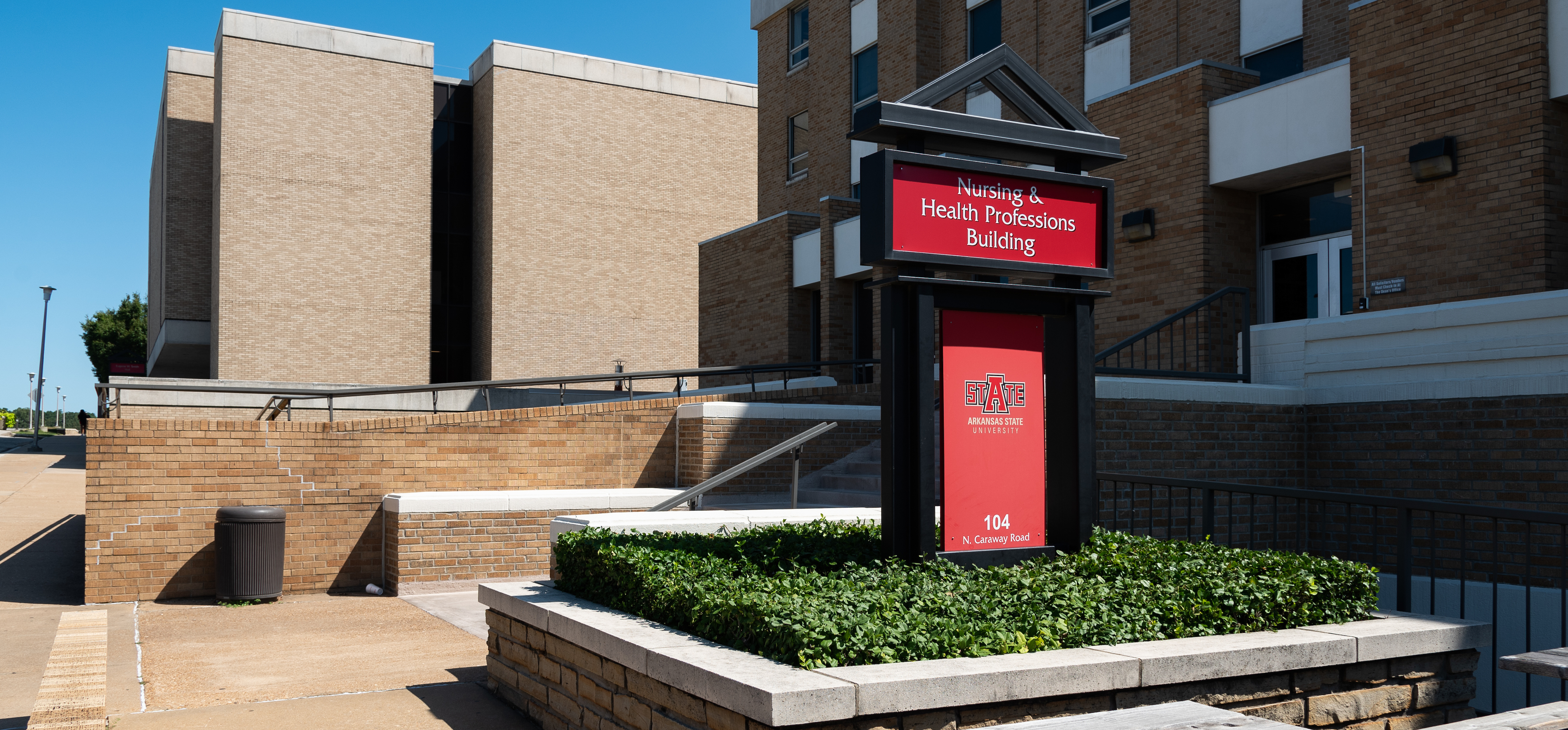Degree Name
Nursing Practice, DNP
Publication Date
2024
Upload Date
2024
First Advisor
Linda Latting
Abstract
Hypertension is a persistent medical condition characterized by its progressive nature, potentially leading to long-term complications if not managed appropriately. Accurate measurements of blood pressures play a pivotal role in determining the appropriate source of treatment in this chronic illness. High blood pressure is one of the most critical risk factors for ischemia, heart disease, stroke, chronic kidney and other internal organ damage, and dementia (Zhou et al., 2021). The absolute burden of hypertension has consistently increased from 87.0 million in 1999-2000 to 108.2 million in 2015-2016 (Journal of American Heart Association [JAHA], 2018). This quality improvement project aimed to improve clinical proficiency and knowledge base of nurses in the clinical setting. The expected outcome was that through enhancing nurses’ knowledge of hypertension, and improving blood pressure collection techniques, there would be improved outcomes for the patients as a direct result. To ascertain the effectiveness of this educational intervention, use of a staff competency for manual blood pressure collection tool was incorporated as well as the administration of pre and post-tests to establish improvement from baseline knowledge. These methodologies were employed to validate the impact of the knowledge and skills implemented in this QI project. Data was analyzed using descriptive stats, and depicted improved scores and confidence levels. The findings from this project serve as evidence that promoting continued education on hypertension and monitoring nurses’ skills techniques during blood pressure collection can lessen or potentially eliminate inaccurate blood pressure diagnoses.
Rights Management

This work is licensed under a Creative Commons Attribution-NonCommercial 4.0 International License
Recommended Citation
Johnson, Mekeilah, "The Impact of Improved Staff Education and Equipment Competency on Enhancing Hypertension Knowledge in Patients at a Rural Urgent Care Clinic" (2024). Doctor of Nursing Practice Projects. 3.
https://arch.astate.edu/dnp-projects/3


